One of the products of coconut is the sapal, or shredded coconut meat left after extracting the coconut milk. The sapal, also called coconut residue, is made into coconut flour.
According to DOST-FNRI, coconut flour can be used as alternative to wheat flour. As such, it can pitch in to the low supply of wheat and flour products, especially that the technology for producing coconut flour from the residue is simple and only requires locally available equipment.
FNRI also said that coconut flour has a total dietary fiber (TDF) content that is even greater than the popular dietary fiber sources like oat brand and flaxseed.
As such, increased intake of high-fiber food was found to be effective in elimination of waste, sugar and fat from the body. It is suggested for better control of chronic diseases such as diabetes mellitus, cardiovascular disease and cancer.
With the use of coconut flour in the formulation of different food products, the general consuming public would benefit also from this aside from the coconut industry and local bakers. Coconut flour is a readily available source of dietary fiber that is used in products such as extruded snacks, processed meat, breakfast cereals and baked goods, which the masses or ordinary people want to have on their breakfast tables like the pandesal.
As people get more health conscious, the demand for functional food products increases as well. The DOST-FNRI believes that increasing food products with coconut flour is one way to meet the demands of the consumers.
Meanwhile, aside from its possible impact in the economic side, several scientific studies have been done here and in abroad citing the nutritional and health benefits of other coconut food products.
National Academy of Science and Technology (NAST) academician Dr. Evelyn Mae Tecson-Mendoza said that coconut water is an excellent rehydration medium and has been used to prevent formation of stones in the urinary tract. It is now becoming a popular export product, marketed as a refreshing health drink.
On the other hand, coconut milk or coconut meat extract, called gata in the Philippines, contains proteins, oil and other phytochemicals and is widely used in
cooking with vegetables and meat.
Dr. Tecson Mendoza said that coconut oil has antimicrobial activity against bacteria, yeast, fungi, and enveloped viruses. Its major fatty acid and lauric acid, has antimicrobial activity and its monoglyceride has even higher activity.
National Biotechnology Week
To further strengthen the industries, including abaca and its socio economic impacts on many Filipinos, DOST, together with the Departments of Health, Agriculture, and Education, will hold the 2013 National Biotechnology Week celebration on November 25-29, 2013 at Aroceros Park, Manila. Biotechnology refers to the science of using living organisms or their parts to improve the characteristics of living things.
Featured projects in this event include the “Improvement of Coconut Varieties through Genomics, Genetics and Breeding for a Competitive and Sustainable Philippine Coconut Industry.“ Said project aims to improve and boost the productivity of Philippine coconut varieties and increase coconut competitiveness and sustainability in the local and global market through the use of genomics.
Genome is the entirety of an organism's hereditary information encoded either in DNA for people and other living things or in RNA for many types of viruses,
Through biotechnology, experts are able to determine traits of coconut and how these can be used to help improve the lives of people in terms of economy, health, industry, and other aspects.
Written by: Allan Mauro V. Marfal
Thursday, 21 November 2013 01:43


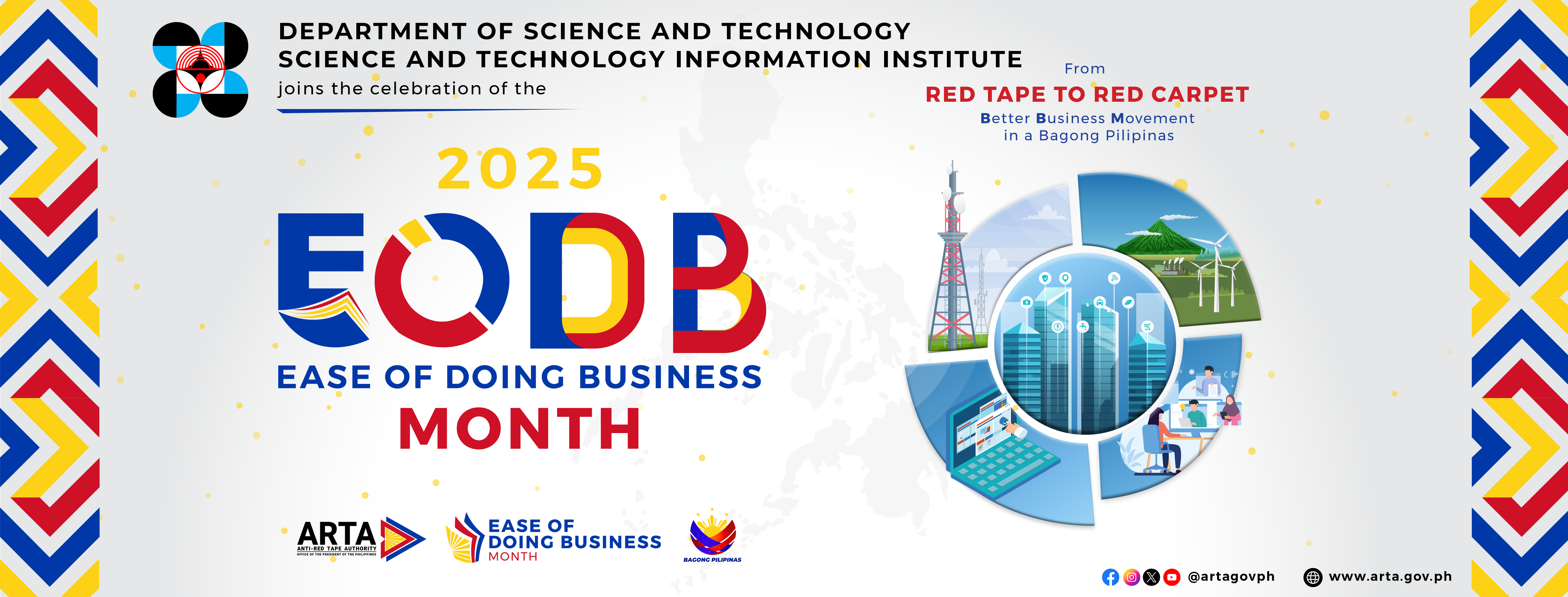

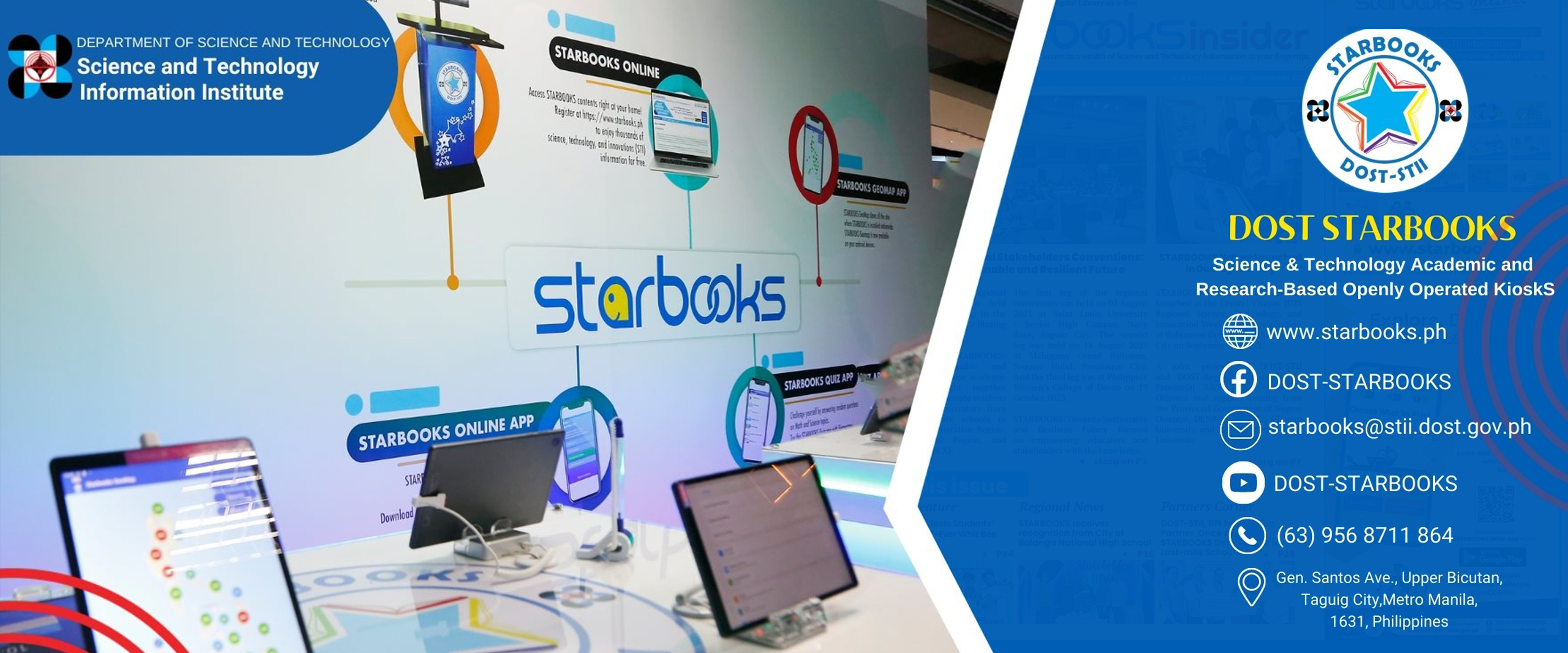
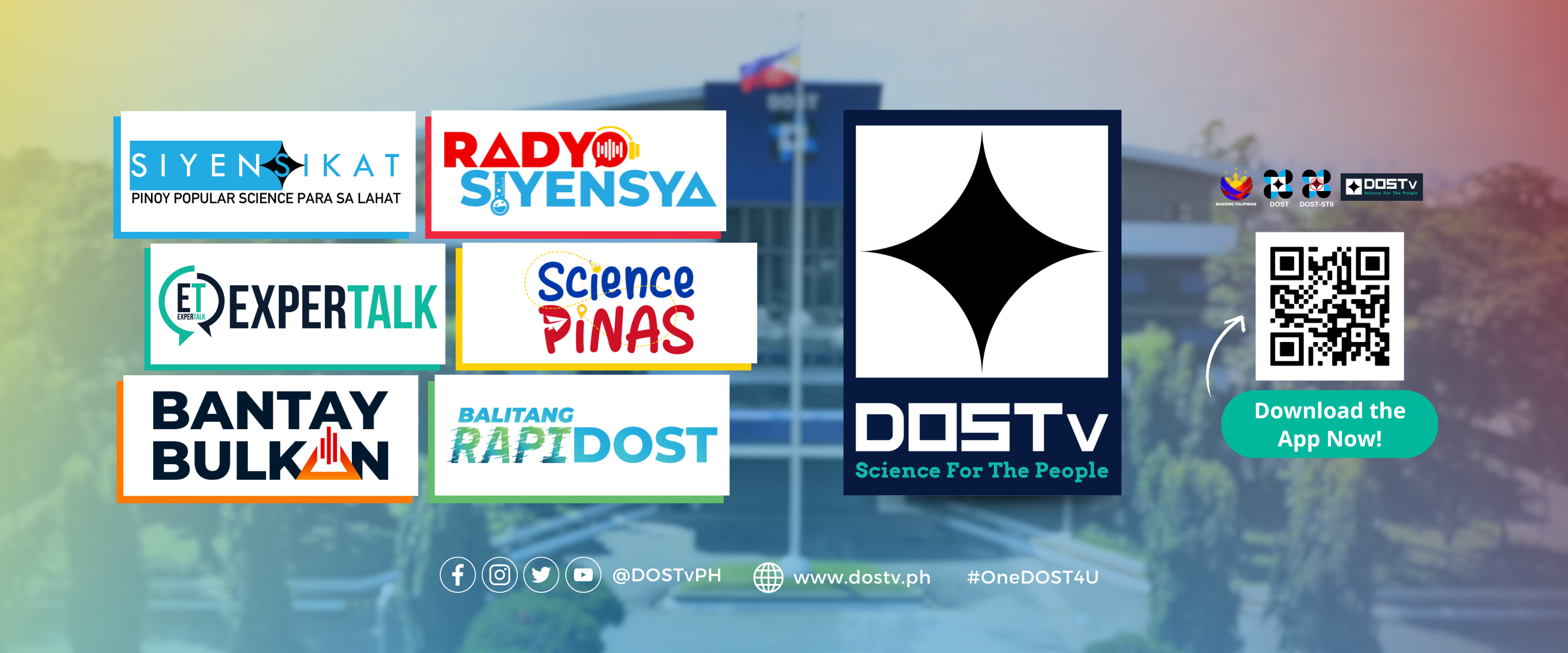

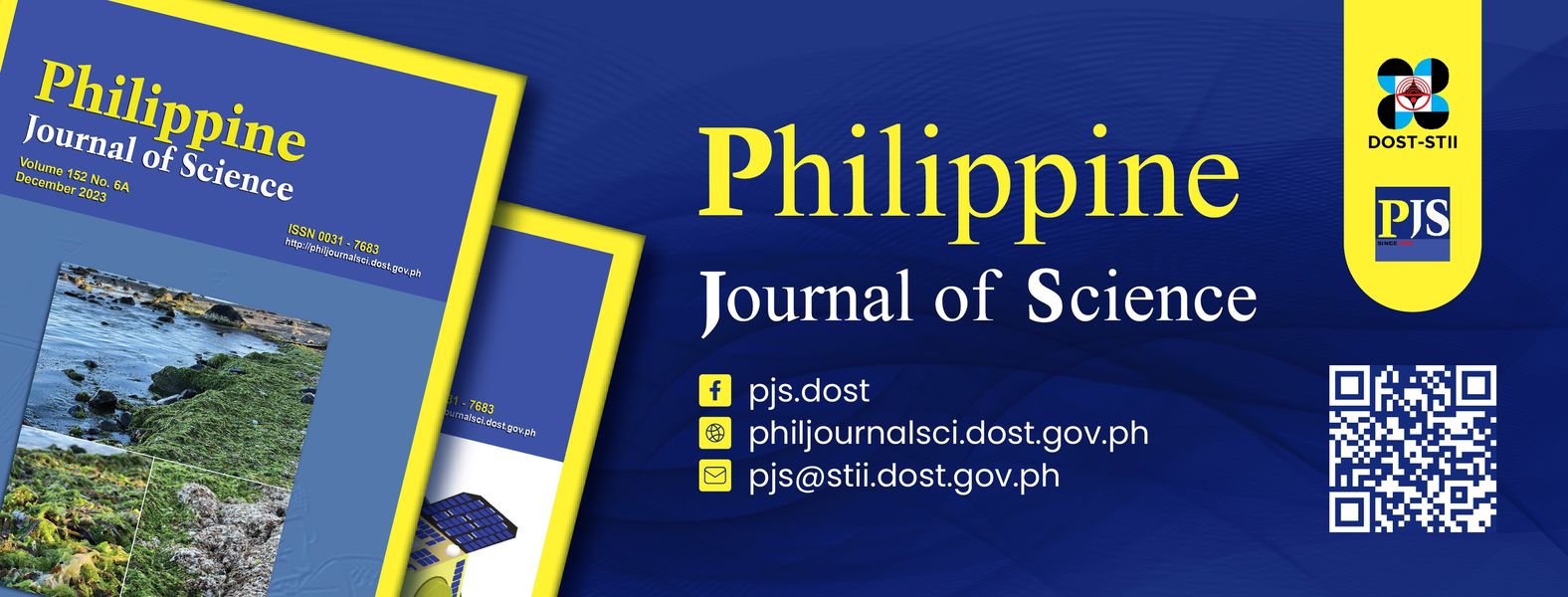




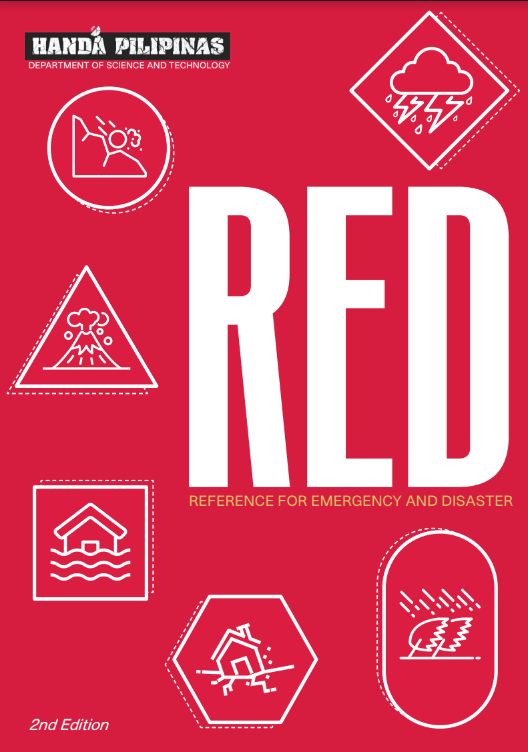





 21 in 2021 Technology Catalogue
21 in 2021 Technology Catalogue 21 in 2021 Technology Catalogue
21 in 2021 Technology Catalogue DOST Innovations - Web and Mobile Applications for Disaster Risk Reduction and Management
DOST Innovations - Web and Mobile Applications for Disaster Risk Reduction and Management